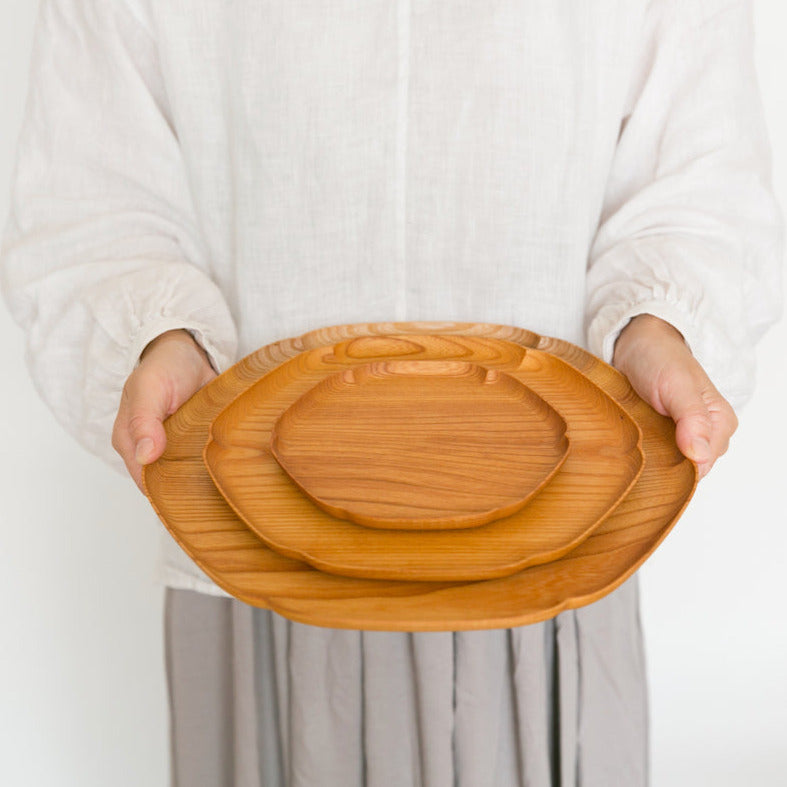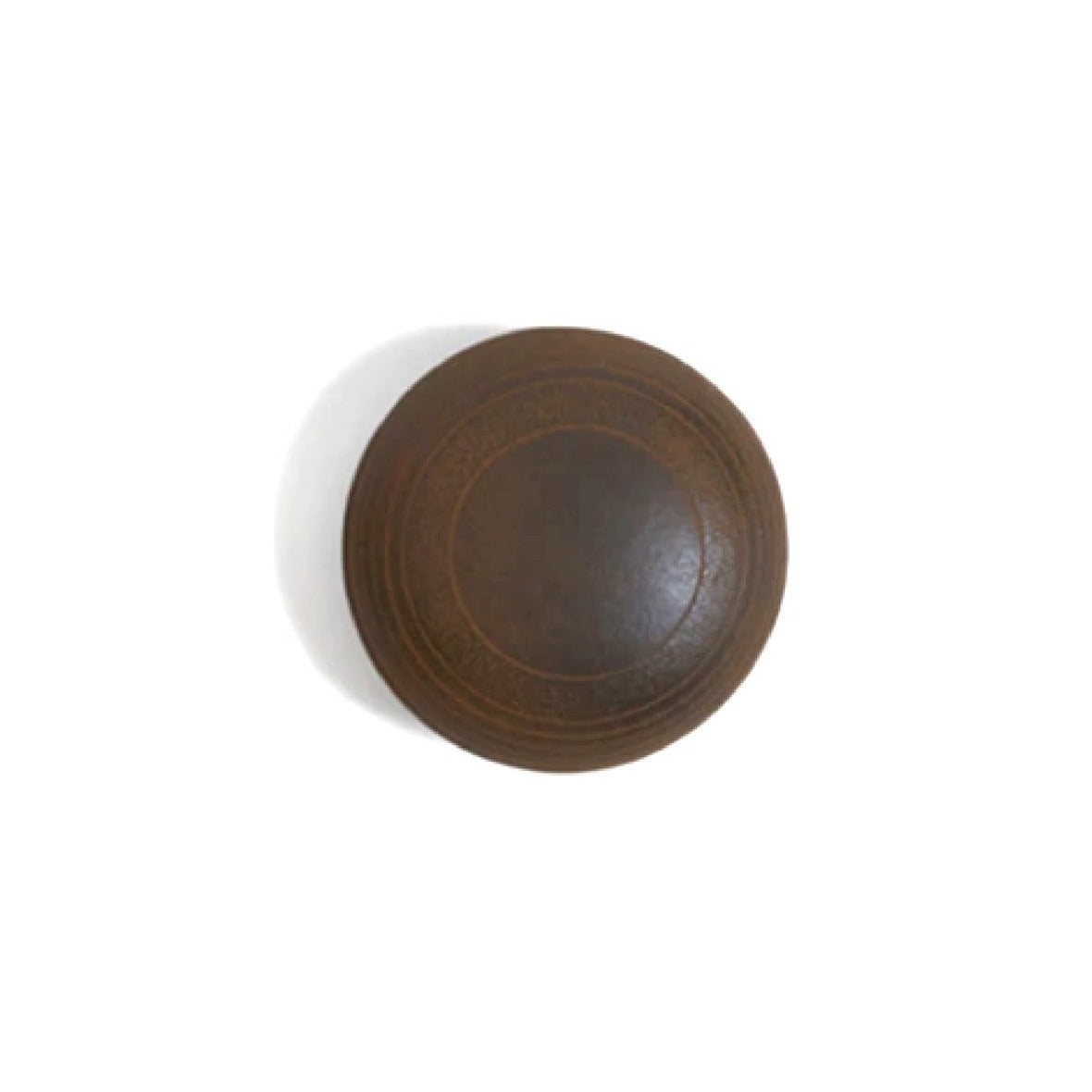
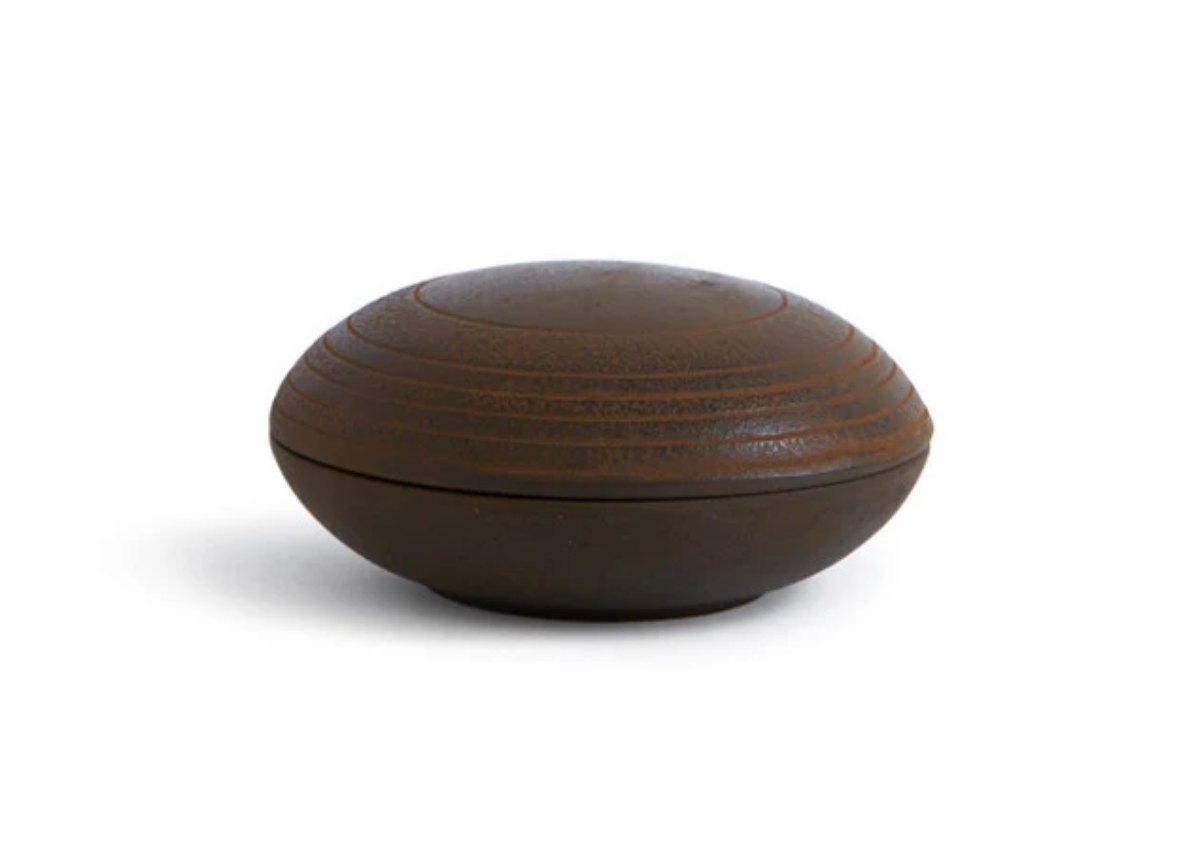
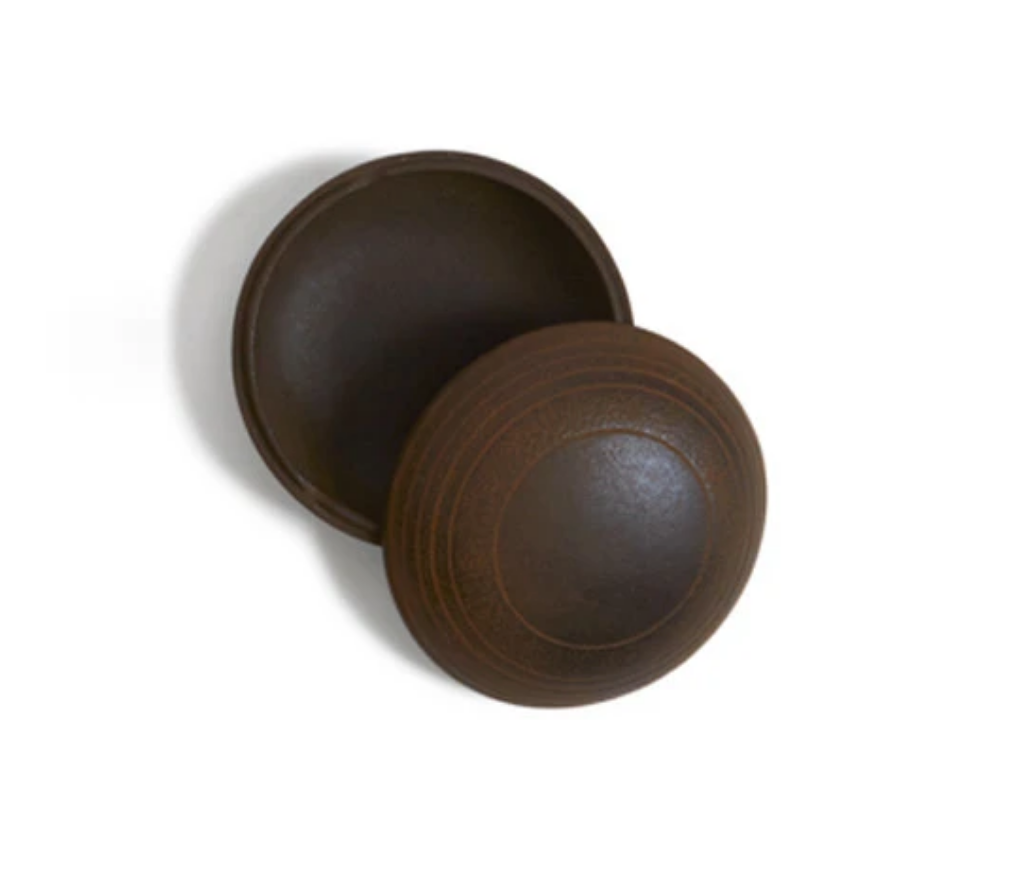
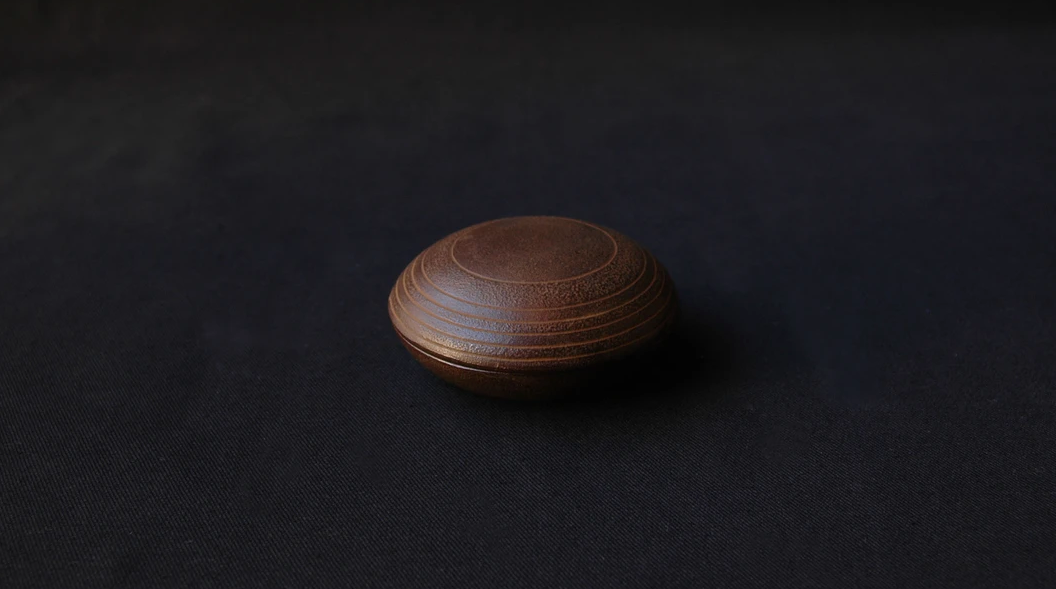
Japanese Cast Iron Tin | Sujime
- Material: cast iron.
- Colour: Metallic-brown shimmering Struktu.
- Dimension ø 100 x 45 mm (diameter x height)
- Weight: 420g
- Includes lid
- Texture: "Sujime" features an etched pattern of thin concentric circles .
- Design:Simplicity
- Gift box
- Handmade in Japan
Kostenfreier Versand ab CHF 100,-
Choose options




Beschreibung
This round iron box made of solid cast iron is made by the Suzuki Morihiasa Studio foundrywhich specialises in Nambu Tekki ironware. The sand-casting process makes the case rust-resistant and gives it a finely textured surface. The beautiful containers can be used for all kinds of things, such as jewellery or precious items, or simply as a decorative object. Each one is handmade and has a very special texture and unique pattern etched onto the surface of the lid.
This handmade product is unique and may vary slightly in colour, pattern, shape and size
.Each tin is delivered in a high-quality cardboard box.
STORY
Suzuki was able to hire on as an order foundryman in Koshu in the homeland of a Nanbu family from 1625. The Suzuki family cast Buddhist altar fittings, a temple bell and served the order of the feudal clan from generation to generation. Morihisa in the 13th generation received national designation as an intangible cultural property in 1974, on which he was to have a breakthrough by setting a record. And Ararenanbugata iron kettle (Suzuki family 11th generation Kihachi make) became a commemorative stamp of a series of traditional handicrafts of sale on August 8, 1985. Making continues, defending traditional technology at present.
About Nambu Tekki
During the Keicho years of the Edo period (1603-1868), Toshinao, the 27th king of the Nanbu clan, built a castle in Morioka City (Furaihoujou) and planned the development of the city's districts. He also established the beginnings of various crafts, including Nanbu Tekki. The iron used for the Nanbu furnace was made from iron sand found in the Kokonohe area of the Nanbu clan, and the iron ore, gantetsu, was extracted from the Kamaishi, Ohashi and Kuriki areas.
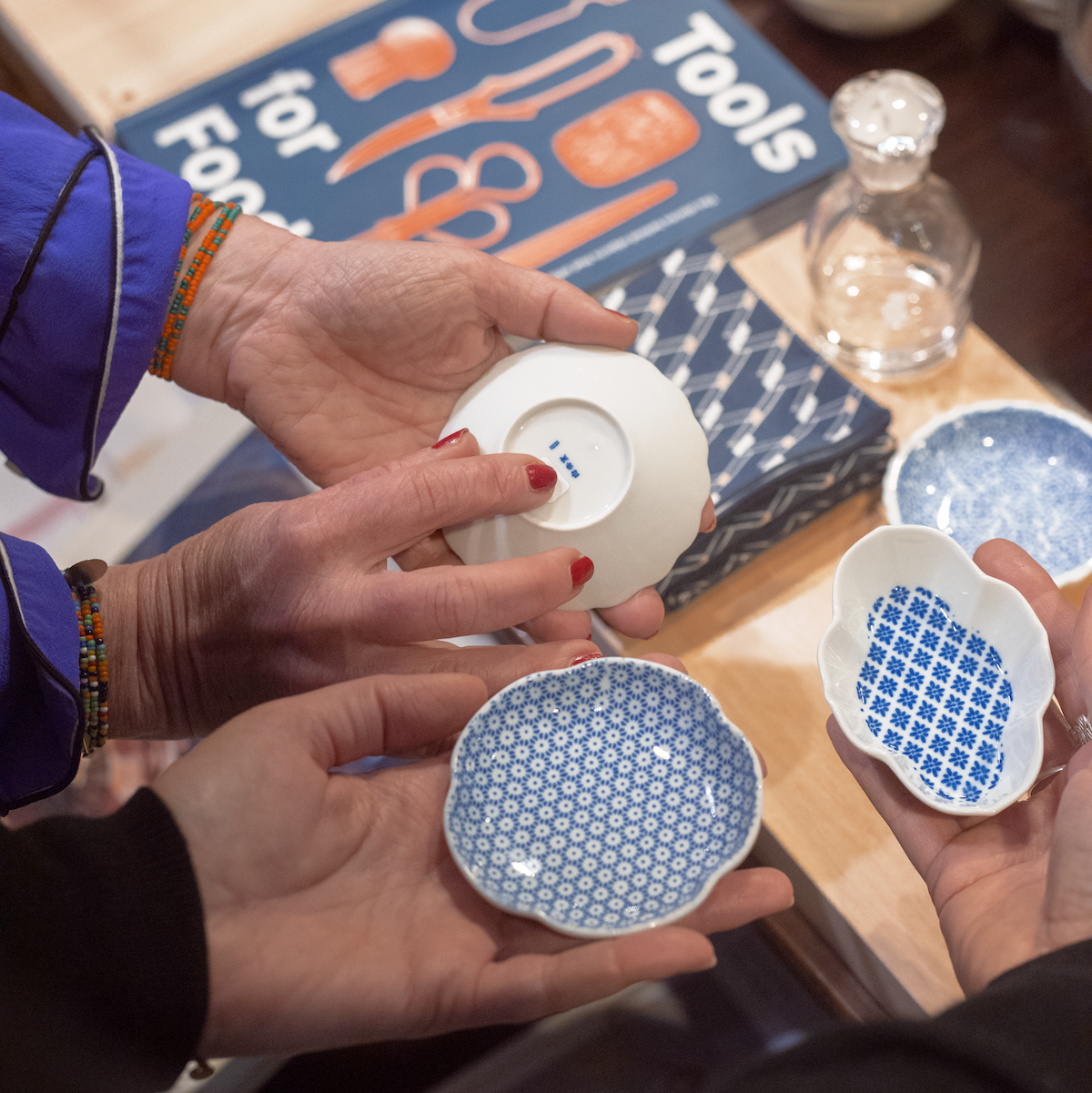
Wollt ihr wissen wer hinter ASANDRI steht
«Wir glauben, dass die Kombination von grossartigem Design und handwerklichen Können wichtig ist. Deshalb unterstützen wir Handwerker weltweit, um ihre Fähigkeiten und Handwerksbetriebe für viele weitere Generationenzu erhalten.»
Kontaktiere uns: info@asandri.com
